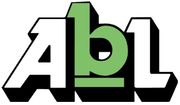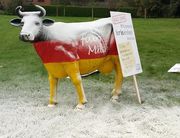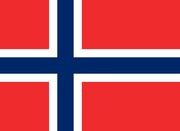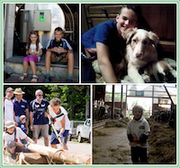EMB Newsletter October 2017
Newsletter as PDF
Contact
EMB - European Milk Board asbl
Rue de la Loi 155
B-1040 Bruxelles
Phone: +32 - 2808 - 1935
Fax: +32 - 2808 - 8265
Dear dairy farmers and interested parties
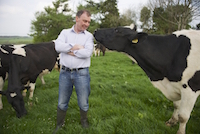
Right now and as an Irish and European farmer, I am constantly reminded of the old Chinese blessing/curse: ‘May you live in interesting times’.
It has to be doubted whether any period of recent history has thrown up so many ‘interesting’ dilemmas for Irish farmers. Just today – literally, at the time of writing – the state broadcaster, RTE, has reported that the European Commission has been working on a post-Brexit scenario that envisages farming and the wider agri-food sector continuing on an all-Ireland basis. The leaked memo, which apparently comes from the office of the Commission President, seems to posit that while trade in goods across the border will have to be subject to customs control, agriculture could be treated separately with the controls between Northern Ireland and Great Britain. That would entail Northern Ireland needing to be fully compliant with EU animal health and food safety rules with the checks involved on agri-food products coming into Northern Ireland from GB. There will obviously be significant political sensibilities at play in that scenario and it’s easy to see that Unionist parties in Northern Ireland might interpret this as representing a lessening of their integral status within the UK. But it would certainly circumvent the impossible challenge that is disentangling what is already a de facto all-Ireland farming and agri-food sector.
Speaking of food safety standards naturally brings us to the persistent reports that the EU is on the verge of offering a quota of 70,000 tonnes of beef to South American producers as part of the Mercosur process. It has been demonstrated repeatedly that we simply cannot have confidence in the safety standards of, particularly, beef and other meat exports from certain of the countries likely to be the source of much of the 70,000 tonnes that the EU’s negotiators have seemingly indicated they are willing to permit.
ICMSA is also working hard to modify the Irish Government’s latest nitrates regulations and make their proposals compatible with day-to-day farming. We have also signalled to our processors that the last Global Dairy Trade Auction notwithstanding (-2.4%), we expect to see a further price rise for our milk supplied in September based on underling market indices and particularly the long-term demand and strength of the butter market. Ireland stands at 11th place in the EU Milk Price League – that is an unacceptable position based on our decade old move to valued-added processing and also our grass-based production. We’re still not getting the price that the evidence indicates we should be getting. We won’t stop till that’s been rectified.
John Comer, EMB Board member and President of Irish Creamery Milk Suppliers Association (ICMSA)
Even dairies should pay more for butter
Political actions by the German dairy farmers' association BDM
Nestlé setting an 18.5% profit margin by 2020 can only mean grab of farmers’ margins
The right course for Norwegian agriculture
Absurd political theatre in Swiss agricultural policy
American dairy industry divided on the issue of supply management in Canada
‘An angel is on its way’
Impressum
European Milk Board asbl
Rue de la Loi 155
B-1040 Bruxelles
Phone: +32 2808 1935
Fax: +32 2808 8265
E-Mail: office@europeanmilkboard.org
Website: http://www.europeanmilkboard.org

